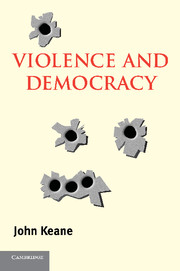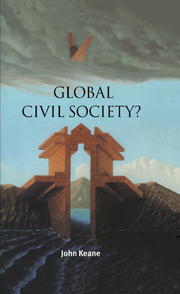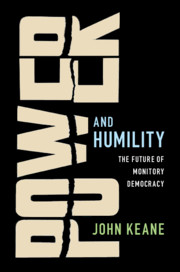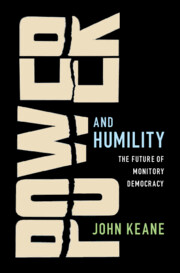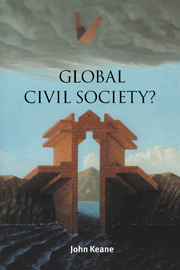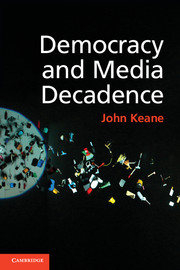Violence and Democracy
John Keane offers an original account of the origins of violence, its consequences, its uses and remedies, and the relationship between violence and democracy. Rejecting the view that "human nature" is violent, Keane demonstrates why democracies do not wage war upon each other, and are unusually sensitive to violence. He emphasizes ethical questions, such as the circumstances in which violence can be justified, and argues that violence can and should be "democratized" and made publicly accountable.
- This is a highly topical book with a subject that has global interest
- Explores the path-breaking idea that violent behaviour and means of violence can and should be 'democratised'
- A work of applied political theory that will be of interest to philosophers, and any scholar interested in challenges to democratic institutions
Reviews & endorsements
'Keane's is a learned, at times almost magisterial, book. He writes easily and with grace about a variety of relevant topics from liberal political theory to contemporary apocalyptic terrorism, from Sorel to Muslim fundamentalism. At every turn the reader is taken on a gambit into a relevant literature and comes away braced by the journey. It is descriptively ambitious yet energized by a normative argument. It is as current as today's politics yet in touch with classic traditions in political theory and sociology. As a result, Violence and Democracy is impressive indeed.' Austin D. Sarat, Amherst College, Massachusetts
Product details
June 2004Paperback
9780521545440
228 pages
229 × 152 × 12 mm
0.31kg
Available
Table of Contents
- 1. Surplus violence
- 2. Muskets, terrorists
- 3. Thinking violence
- 4. Civilisation
- 5. Barbarism?
- 6. Why violence?
- 7. Uncivil wars
- 8. Ethics
- 9. Ten rules for democratizing violence.

